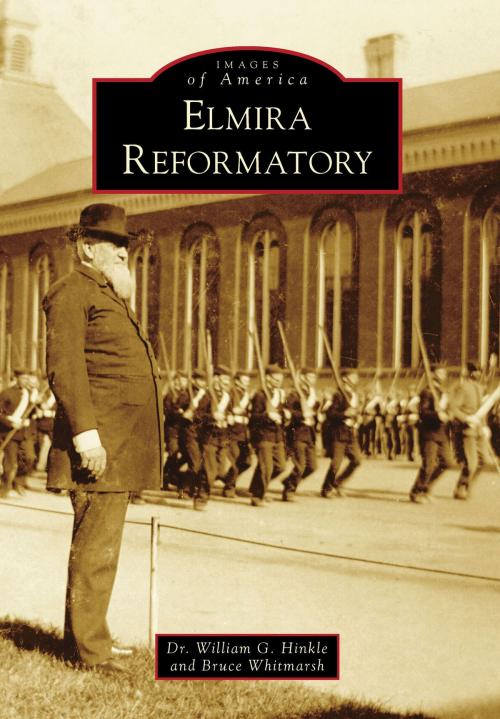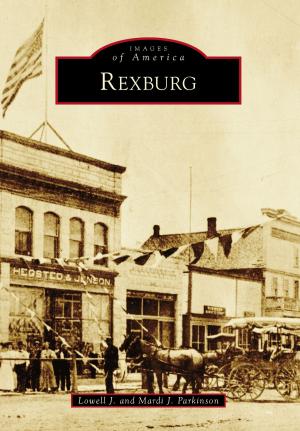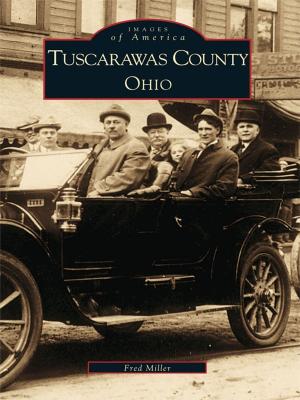Elmira Reformatory
Nonfiction, Social & Cultural Studies, Social Science, Crimes & Criminals, Penology, True Crime| Author: | Bruce Whitmarsh, William G. Hinkle | ISBN: | 9781439642771 |
| Publisher: | Arcadia Publishing Inc. | Publication: | April 28, 2014 |
| Imprint: | Arcadia Publishing | Language: | English |
| Author: | Bruce Whitmarsh, William G. Hinkle |
| ISBN: | 9781439642771 |
| Publisher: | Arcadia Publishing Inc. |
| Publication: | April 28, 2014 |
| Imprint: | Arcadia Publishing |
| Language: | English |
The Elmira Reformatory, established in 1876 in Elmira, New York, was a testament to the most interesting, most scientific, and most hopeful treatment of the convicted criminal that has ever been tried in the United States. It conformed to what were considered sound theories, and the results were good beyond all expectations. Its inception was due to the genius and experience of Zebulon R. Brockway, who had practical training in prison management and was profoundly acquainted with the nature of the lawbreaking class of the 19th century. Elmira Reformatory contains images of the work done at Elmira in the late 19th and early 20th centuries. It is a compelling view of the activities carried on inside the reformatory and the evolution of the criminal reform model.
The Elmira Reformatory, established in 1876 in Elmira, New York, was a testament to the most interesting, most scientific, and most hopeful treatment of the convicted criminal that has ever been tried in the United States. It conformed to what were considered sound theories, and the results were good beyond all expectations. Its inception was due to the genius and experience of Zebulon R. Brockway, who had practical training in prison management and was profoundly acquainted with the nature of the lawbreaking class of the 19th century. Elmira Reformatory contains images of the work done at Elmira in the late 19th and early 20th centuries. It is a compelling view of the activities carried on inside the reformatory and the evolution of the criminal reform model.















